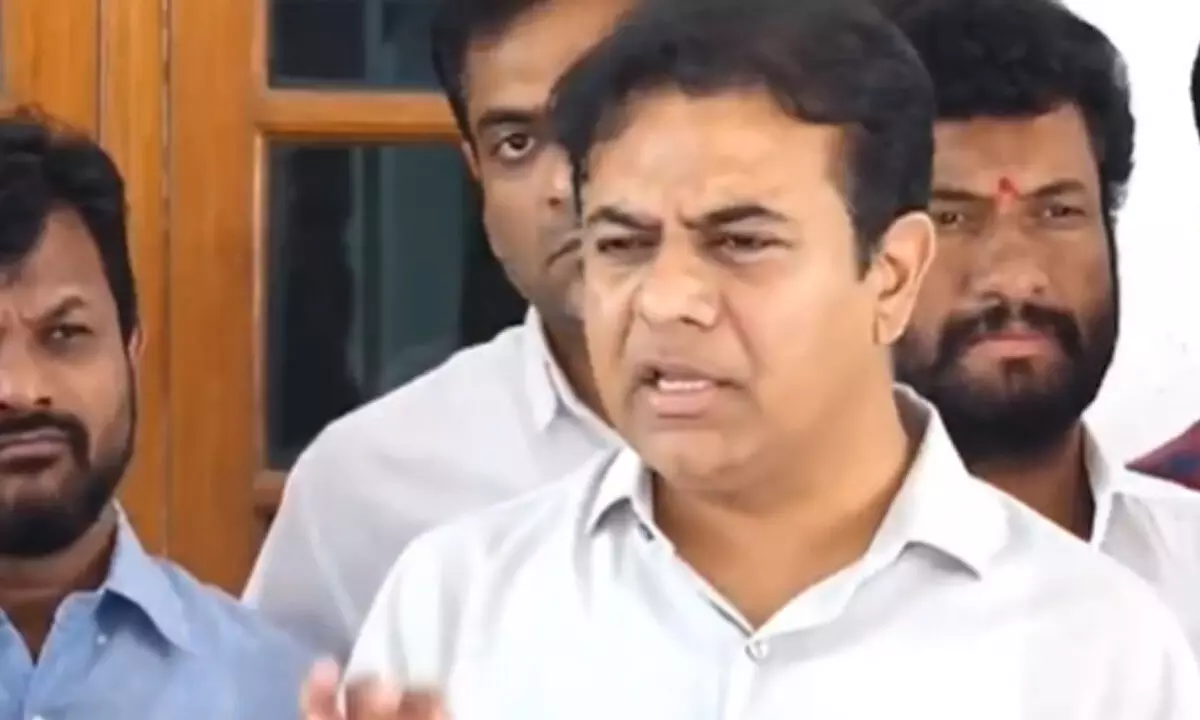Congress MP and former TPCC president N Uttam Kumar Reddy has praised the Supreme Court’s decision to stay AICC leader Rahul Gandhi’s conviction in a criminal defamation case from 2019. The case was related to a comment Gandhi made about the “Modi surname.”
In a statement, Uttam Kumar Reddy explained that the Supreme Court’s decision has two important outcomes. Firstly, it restores Gandhi’s position as a Member of Parliament. Secondly, it allows him to participate in the upcoming Lok Sabha elections. Uttam Kumar Reddy agreed with Justice BR Gavai’s judgment, which emphasized the broader implications of Gandhi’s conviction. He argued that such a conviction could infringe on the rights of the voters who elected Gandhi as their representative.
Uttam Kumar Reddy also criticized the Bharatiya Janata Party (BJP), accusing them of being a “factory of hate speeches.” He claimed that the BJP strategically targeted Gandhi with the defamation case to invalidate his parliamentary membership and silence him for eight years. In contrast, Uttam Kumar Reddy stated that Gandhi consistently uses respectful language when criticizing opponents. He argued that BJP leaders feared Gandhi’s increasing popularity following the Bharat Jodo Yatra, as his messages of peace and the establishment of ‘Mohabbat Ki Dukan’ could destabilize their reign characterized by hatred and violence.
Uttam Kumar Reddy pointed out that several BJP leaders, including Prime Minister Narendra Modi and Home Minister Amit Shah, regularly use provocative and defamatory language in their speeches without facing significant consequences. He believed that Rahul Gandhi was unfairly singled out and targeted with baseless accusations.
Expressing confidence in the final verdict, Uttam Kumar Reddy stated that justice has prevailed and believed it would also favor Rahul Gandhi. He reiterated that no force on earth could silence the voice of the people. He added that the Supreme Court’s verdict not only restored faith in the judiciary’s strength but also emphasized the importance of protecting democratic values.














